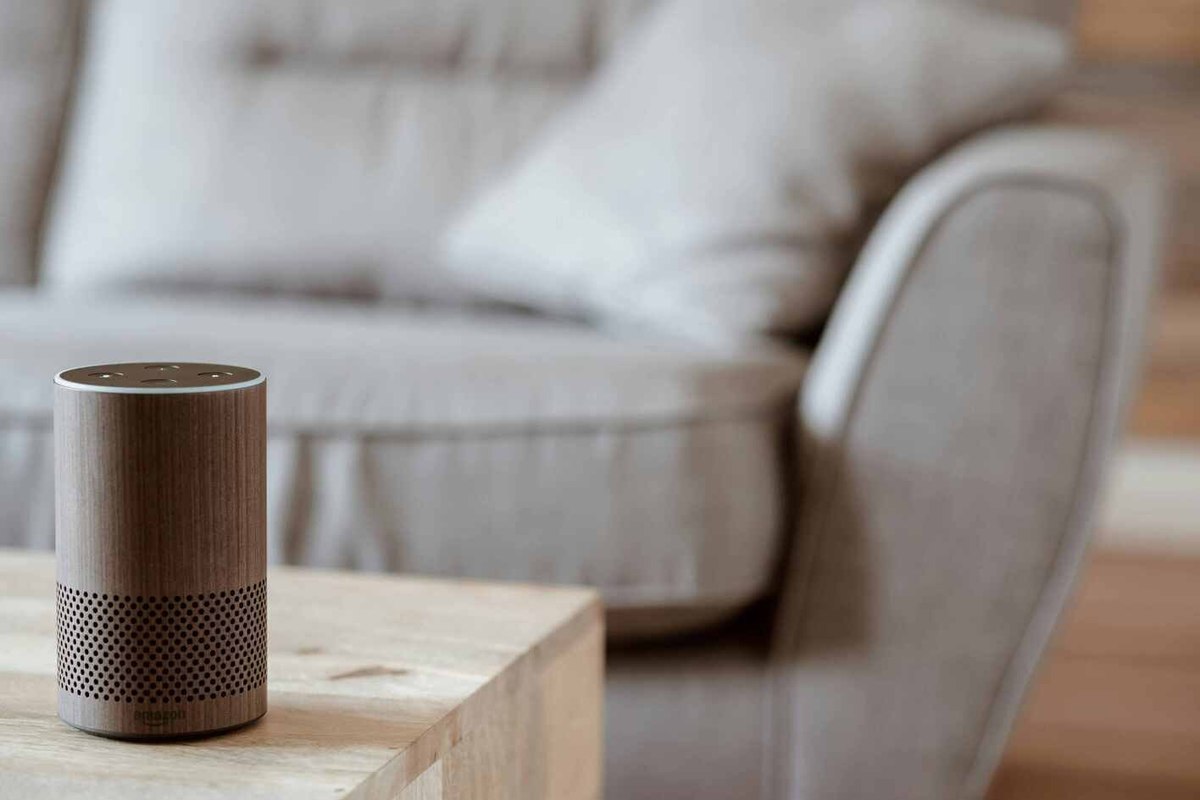
30% of Brits use digital assistants daily – here's what they’re doing
Digital assistants have become an integral part of modern life for many people in Britain. Recent data from YouGov Profiles shows that three in 10 British adults use digital assistants at least once a day (30%).
Among those who use digital assistants daily, standalone speakers (like Amazon Echo, Google Nest, etc) are the most popular access points, with 68% of users relying on these devices. Smartphones are another common choice, used by 55%, while tablets, PCs, and wearable tech trail significantly behind, with usage rates of 17%, 13%, and 11%, respectively. Even car navigation systems see limited use for digital assistants, accounting for just 9% of daily interactions.
When it comes to tasks, playing music leads the list, with 67% of daily users relying on their digital assistants for entertainment. Checking the weather follows closely at 62%, while setting timers and alarms is a common task for nearly half (49%) of users. More functional uses include searching the web (44%), controlling smart home devices (28%), and making hands-free calls (27%). Calendar management (25%), traffic updates (22%), getting latest news (22%), and to-do lists (22%) are each used used by roughly a quarter of users. Less common tasks, such as shopping or recipe assistance, remain niche, with just 13% of users employing their assistants for these purposes.
Despite their utility, digital assistants are not without challenges. The most frequent complaint, cited by 32% of daily users, is that the device doesn’t understand their requests. Another 13% feel the assistants are not as smart as they expect, and 11% say the responses they receive are inaccurate. A smaller share, 9%, express frustration that digital assistants fail to perform all the tasks they desire. Some 18% of users report no specific challenges, suggesting satisfaction with the current capabilities of these tools.
The growing adoption of digital assistants highlights their potential to simplify tasks and save time but also points to areas where further refinement is needed. Brands that aim to improve voice recognition, expand functionality, and address user expectations will likely gain an edge in this competitive space.
Methodology: YouGov Profiles is based on continuously collected data and rolling surveys, rather than from a single limited questionnaire. Profiles data for Great Britain is nationally representative and weighted by age, gender, education, region, and race.